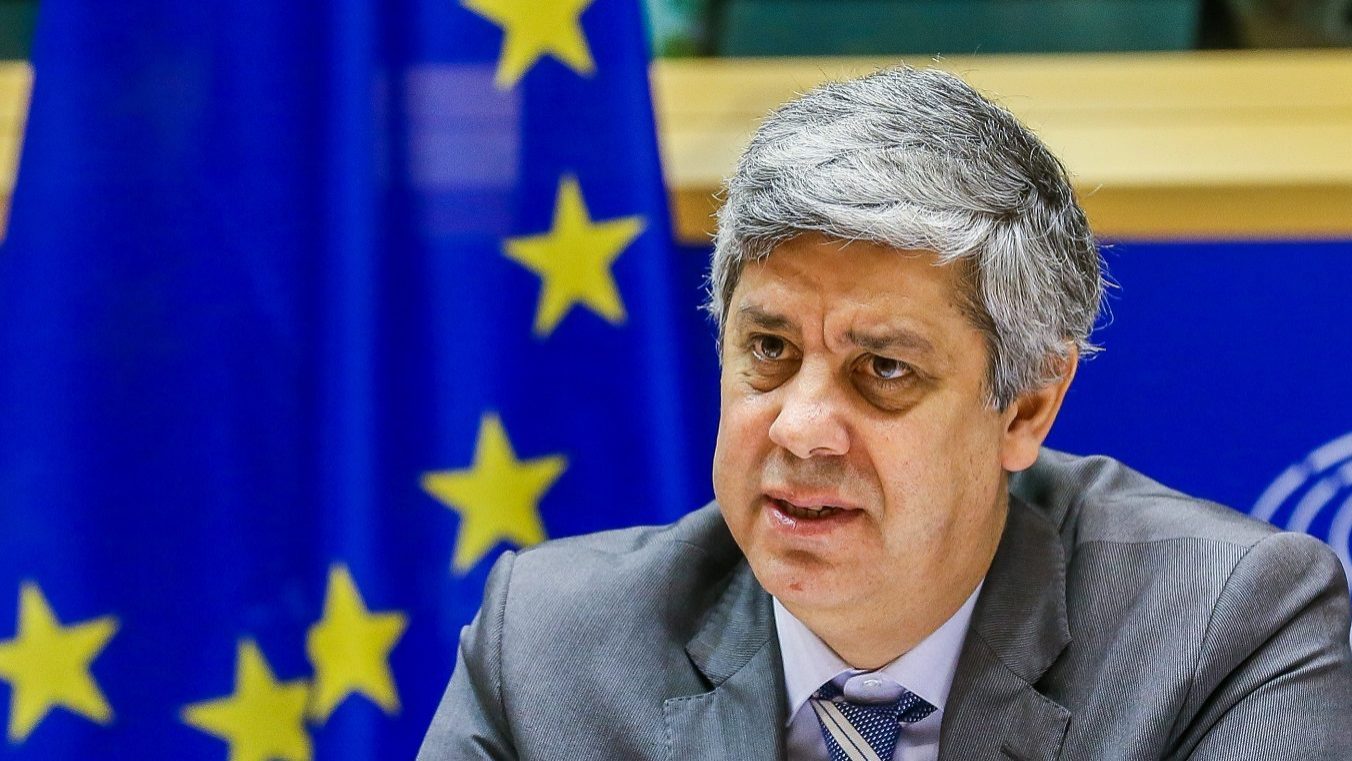Portugal closed 2019 with a deficit of 599 million euros
The deficit is better than forecast just over a month ago but the government maintains the target at 0.1% of GDP.
The government announced Monday that it closed the 2019 budget execution with a deficit of 599 million euros in public accounts, reveals the Finance Ministry in a statement. The result was better than expected just over a month ago, but the government still believes it will have a deficit of 0.1% of GDP.
The Ministry led by Mario Centeno said the deficit achieved last year reflected “a 1.643 million euros improvement compared to 2018, as a result of a 4.3% growth in revenue and 2.3% in expenditure”. “The budget execution allows us to meet the 2019 budget objective,” guarantees the Ministry.
But the improvements are not only in relation to what happened a year earlier. Even with the most recent forecast, included in the State Budget for 2020 (OE2020), which was presented on December 16th, there has been a positive evolution. At that time, the government expected a deficit in public accounts of 1,107 million euros. The result released today shows that the deficit came out better at 508 million euros.
When it made the 2019 State Budget, the Government pointed to a deficit of 1,603 million euros.
In the same press release, the Ministry said that “tax revenue grew 3.8%, with a 7% increase in VAT. This positive evolution occurs despite the reduction in the rates of various taxes, such as Personal Income Tax (increase in the number of brackets and minimum subsistence), VAT (decrease in the rate of various goods and services) and ISP (reduction in the rate applied to petrol by 3 cents). The strong dynamics of revenue is justified by the good performance of the economy.”
“The very favourable behaviour of the labour market was reflected in the 8.6% growth of the revenue from social security contributions,” adds the Ministry.
On the expenditure side, the Ministry highlights that “primary expenditure grew 3%, influenced by the significant growth of the National Health Service (NHS) expenditure by 4.8%, with investment in the NHS growing 17%, reaching the maximum since at least 2012.”
“Expenditure on civil servants’ salaries increased by 4.6% as a result of the phased thawing of careers between 2018 and 2020. The December execution incorporates, for the first time, the 100% payment of the progression rights of more than half a million employees, accumulated in the last 10 years, and whose full effect will continue to be felt throughout 2020. For the increase in personnel expenditure, the very significant growth in salary expenditure for health professionals (7%), especially doctors and nurses, and education (3.2%) stands out,” says the Ministry led by Mario Centeno.
“Social Security pension expenditure grew by 5.5% reflecting the fact that most pensioners had real increases in pensions, including the impact of two extraordinary increases. The evolution of expenditure is also explained by the growth in social benefits (5.4%),” according to the Finance Ministry.
Investment in Central Administration grew 20.6%, says the press release. According to the Ministry, the growth of investment in the public transport sector deserves to be highlighted, especially in the Infraestruturas de Portugal (57.9%) and in the Comboios de Portugal – CP (25.4%), reflecting the priority to rail transport. “The global public investment of the Public Administration reaches the maximum of the decade,” they guarantee.
The Finance Ministry also reports on the evolution of late payments. “In the Public Administration as a whole, the arrears were reduced by 262 million euros in comparison to 2018, largely explained by the decrease from 226 million euros in the National Health Service (SNS) to 259 million, an all-time low,” as the Health Ministry had advanced on Friday.


